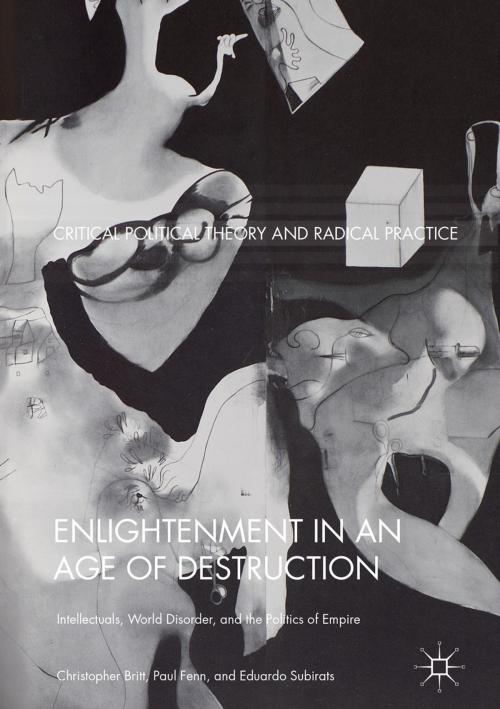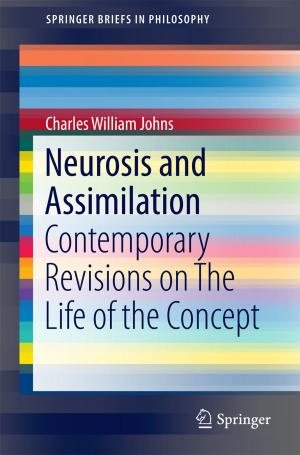Enlightenment in an Age of Destruction
Intellectuals, World Disorder, and the Politics of Empire
Nonfiction, Religion & Spirituality, Philosophy, Political, Social & Cultural Studies, Political Science, Politics, History & Theory| Author: | Christopher Britt, Paul Fenn, Eduardo Subirats | ISBN: | 9783319707846 |
| Publisher: | Springer International Publishing | Publication: | January 30, 2018 |
| Imprint: | Palgrave Macmillan | Language: | English |
| Author: | Christopher Britt, Paul Fenn, Eduardo Subirats |
| ISBN: | 9783319707846 |
| Publisher: | Springer International Publishing |
| Publication: | January 30, 2018 |
| Imprint: | Palgrave Macmillan |
| Language: | English |
This book is about the ways in which modern enlightenment, rather than liberating humanity from tyranny, has subjected us to new servitude imposed by systems of mass manipulation, electronic vigilance, compulsive consumerism, and the horrors of a seemingly unending global war on terror. The main intellectual aims of this title are the following: the analysis of spectacle, the criticism of providential enlightenment, and the examination of positive dialectics. The spectacle, in this case, is the apotheosis of the culture industries, a total inversion of reality and of our existences. Providential enlightenment is not only a critique of the failure of enlightenment, but of the mutilation of historical enlightenments. Positive dialectics signal a new era of intellectual engagement in the construction of our historical future. During a time in which national democracies seem an imperial farce, it is not enough for intellectuals faced with all this destruction to blithely recommend resistance. The book thus ties American, British, French and German theoretical traditions into a reflexive challenge to the notion of intellectual as critic, and argues instead for a trespassive tradition of cultural leadership.
This book is about the ways in which modern enlightenment, rather than liberating humanity from tyranny, has subjected us to new servitude imposed by systems of mass manipulation, electronic vigilance, compulsive consumerism, and the horrors of a seemingly unending global war on terror. The main intellectual aims of this title are the following: the analysis of spectacle, the criticism of providential enlightenment, and the examination of positive dialectics. The spectacle, in this case, is the apotheosis of the culture industries, a total inversion of reality and of our existences. Providential enlightenment is not only a critique of the failure of enlightenment, but of the mutilation of historical enlightenments. Positive dialectics signal a new era of intellectual engagement in the construction of our historical future. During a time in which national democracies seem an imperial farce, it is not enough for intellectuals faced with all this destruction to blithely recommend resistance. The book thus ties American, British, French and German theoretical traditions into a reflexive challenge to the notion of intellectual as critic, and argues instead for a trespassive tradition of cultural leadership.















